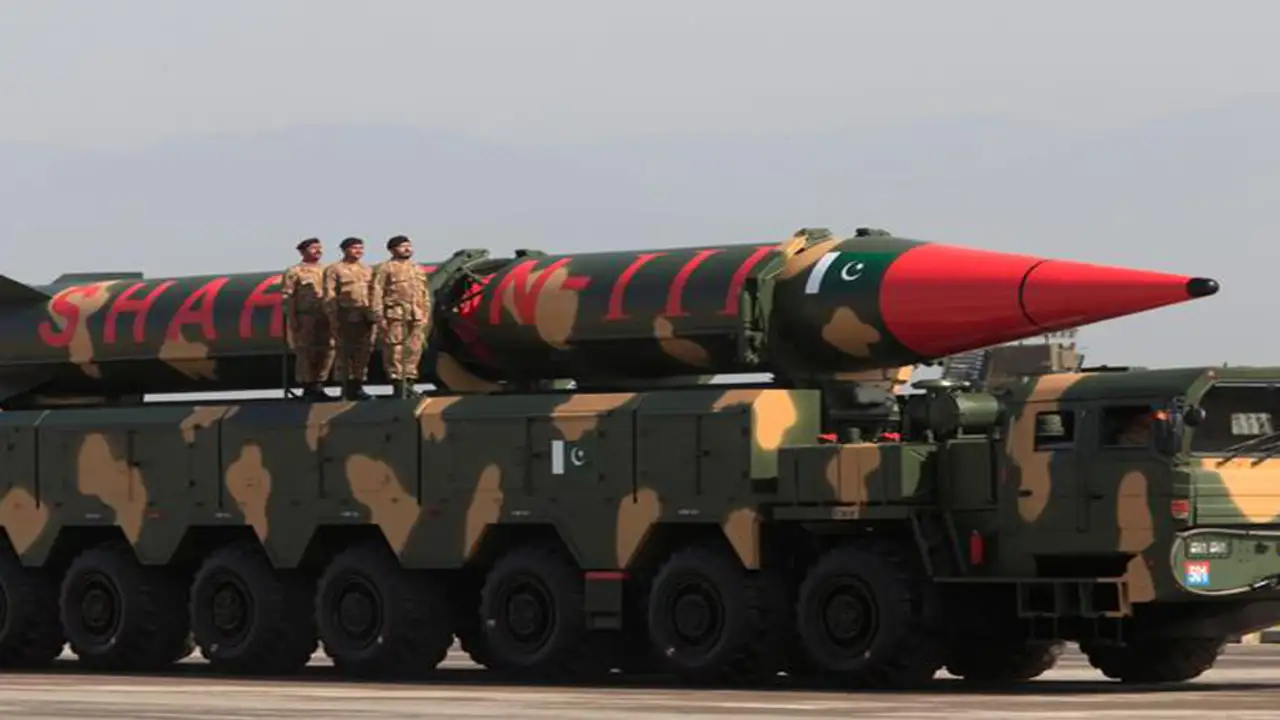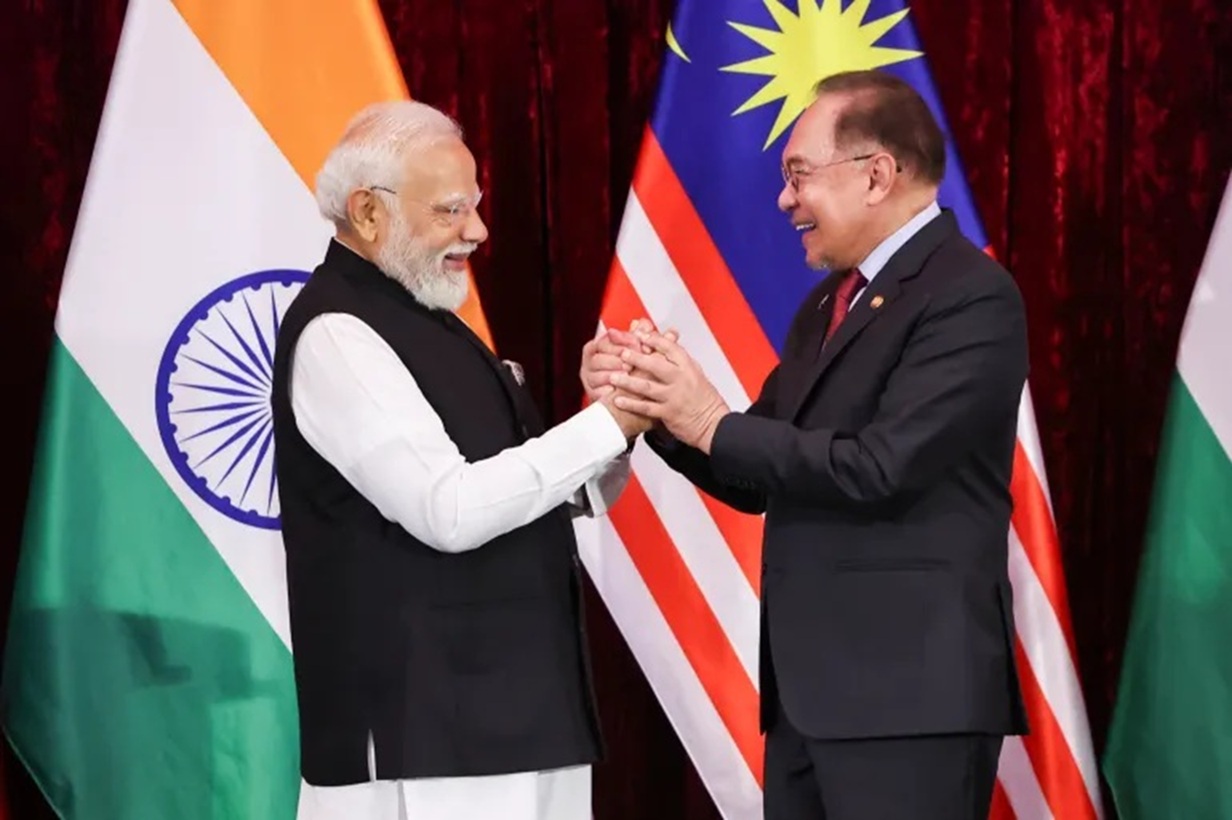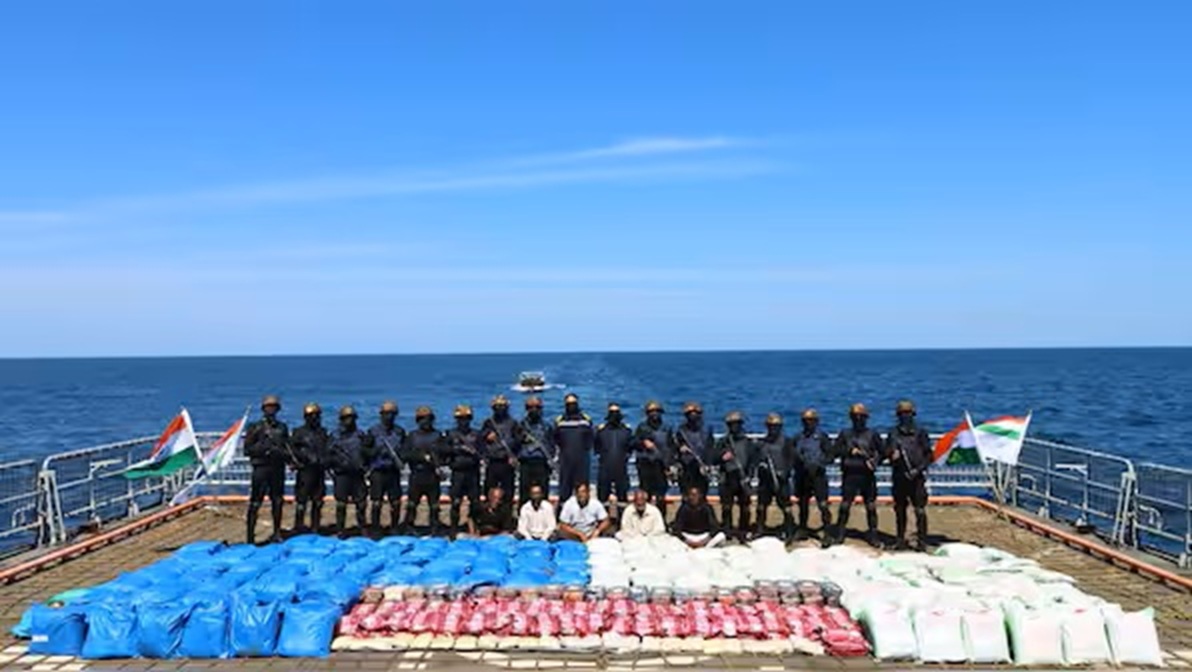Nuclear nationalism is the concept of developing or possessing nuclear weapons as a symbol of national power, modernity, and status, often driven by a strong sense of national pride or ideology rather than purely strategic concerns.
Introduction
In the realm of nuclear terminology in South Asia, no singular nuclear object casts a shadow as vast as that of Pakistan’s bomb. Beyond its military usefulness, Pakistan’s nuclear status has transformed into a mythic status or is nearing that of a holy object within its civil-military culture. Its nuclear tests in 1998 are routinely celebrated as Youm-e-Takbeer (“Day of Greatness”) for more than technical expertise; they are now watershed moments in Pakistan’s national identity, its civil-military axis, and its pop culture. Pakistan’s nuclear nationalism is not merely a display of state propaganda; rather, it is an imaginatively engendered narrative of being-within-security that unites the military, the civilian establishment, and society in a conceptual grammar layering security over pride and therefore existence.
This article tries to explore the symbolic and doctrinal importance that nuclear weapons have gained in each case of Pakistan, taking up the theoretical platforms of constructivism, political theology, and strategic culture. In so doing, we outline how the bomb functions not simply as a deterrent, but as a cultural artefact that informs national narratives, creates institutional legitimacy and delineates the boundaries of contending security imaginaries.
Strategic Context and Genesis
Pakistan carried out its nuclear tests on 28 May 1998, moments after India detonated its bombs that month. As such, 28 May 1998 was the official birthday of Pakistan’s nuclear statehood. These national nuclear tests held under Prime Minister Nawaz Sharif were not scientific events per se; they were ceremonies of national rebirth.
Every year, Youm-e-Takbeer is commemorated today, as Pride Day for the Pakistani state and military. The state engages and promotes this day with parades, speeches, military documentaries, special shows, usually with Quranic verses and Islamic symbolism. The term, Takbeer, proclaiming the greatness of God, frames the nuclear tests as divine sanctioning of a moral event in equating technological and economic accomplishment with religious completion.
The 1998 Tests and the Making of Youm-e-Takbeer
The nuclear tests conducted by Pakistan on May 28, 1998 (after India’s tests earlier that month) marked the official birthday of its nuclear statehood. Arguably the least scientific act of a scientific venture, they were a ritual of national rebirth under Prime Minister Nawaz Sharif.
Today, Youm-e-Takbeer is commemorated annually as a day of pride and resilience. The state commemorates this day through parades, televised addresses, military documentaries, and special shows, which usually feature Quranic verses and Islamic imagery. The term Takbeer, which can be translated as proclaiming the greatness of God, positions the nuclear test as an act of divine confirmation, locating technological superiority as a form of religious completion. This is where the logic of political theology arrives. The bomb cannot be secularised, that is, turned into a Cold War deterrent. Instead, it can be sacralized as a gift of divine approval, the deed of divine justice against enemies, and a materialisation of spiritual strength for the nation. Nuclear capability is not an objective scientific accomplishment, but a divine legitimisation. There is a political theology that enables the state to combine technonationalism with Islamic exceptionalism and make the bomb a moral object, rather than simply a strategically just object.
Civil-Military Symbiosis and Strategic Ownership
Though the 1998 tests were initiated by a civilian prime minister, the nuclear project’s ownership has never been anything other than largely military. The dominant military role in nuclear command and control, formalised in institutions like the Strategic Plans Division (SPD), has kept the nuclear program at the centre of the Pakistan Army’s strategic status.
For the military, nuclear weapons are not just a defence against India but also a legitimising ideology. In a nation where the military has ruled or manipulated politics more often than not, the nuclear force is not only a protector of the territorial state but also a keeper of national honour.
From a strategic culture perspective, Pakistan’s nuclear posture is not merely rooted in realist threat perceptions, but also in deeply ingrained cultural narratives of survival, honour, and independence. These cultural scripts both enable the military to operate as defender and redeemer, transcending institutional role to become a sacred order—armed not merely with weapons, but with the very fate of the state.
The bomb also becomes a political tool. It supports the rhetoric of an outside threat (mainly India), justifying big defence budgets and a security-oriented national approach. The interdependency between nuclear deterrence and military predominance makes the bomb irreplaceable to the military’s identity and its hegemonic position within Pakistan’s statecraft.
Pedagogical Narratives: Nuclear Weapons in Textbooks
The school curricula of Pakistan socialise nuclear nationalism from early on. Educational materials engage meaning-making by situating the nuclear program as an indigenous and heroic achievement and often omit the covert and controversial elements of the entire undertaking. Students learn about the bomb not only as a rational/ scientific action commanded by national principles, but they also learn about it as an assertion of dignity and a tool of defence.
Frequently, educational materials present the nuclear tests of 1998 rhetorically as a response to Indian “aggression” that “reinstated regional balance.” Prominent figures such as Dr. Abdul Qadeer Khan are sometimes glorified in attempted quasi-messianic terms. Just as critically absent is any discussion of nuclear ethics, proliferation, or the dangers of miscalculation.
This state-led pedagogy prioritises one critical element of socialisation necessary in constructing stable strategic cultures. Young Pakistanis are not simply educated about deterrence; they are socialised into a whole new “nuclear imaginary,” in which the bomb constitutes an expression of selfhood. Education is a form of knowledge transfer, but ideological inculcation. The educational programs serve as carefully curated forms of socialisation that obstruct dissent and support systemic forms of state-sanctioned meanings.
Pop Culture, Media, and the Normalisation of the Bomb
The bomb is nearly iconic in Pakistani popular culture. Nuclear imagery is pervasive, from nationalist anthems like “Dil Dil Pakistan” to documentaries glorifying missile parades. Nuclear symbolism is portrayed by the media as the harbinger of peace, a just force, a defender of life. Even the advertising industry has drawn on this discourse. Corporate advertisements on anniversaries of the tests evoke nationalist slogans and are linked explicitly to missiles and national flags as a semiotic cocktail of commerce, nationalism and strategic identity.
Television serials, talk shows, and social media amplify this hegemonic fiction. Oppositional voices, those that dare question the cost of nuclearisation or its strategic wisdom, are marginalised or worse, labelled as anti-national. This exclusion is not arbitrary. In line with Gramscian hegemony, the maintenance of ideological domination is not based on coercion, but rather on the saturation of culture with dominant meaning.
Thus, nuclear weapons become normalised not based on discourse, but through repeated uncritical endorsement. The cultural economy of the bomb precludes any sense of moral illegitimacy, rendering oppositional imaginings of security exotic or foolish. Thus, nuclear weapons become normalised—not through open deliberation, but through uncritical repetition. The cultural economy of the bomb ensures its moral legitimacy, making alternative visions of security appear alien or naïve.
Strategic Culture and Doctrinal Embedding
Pakistan’s nuclear doctrine, including its emphasis on Full Spectrum Deterrence, emphasises the bomb’s pervasiveness and centrality. In a single coherent doctrine, capable of deterrent effect, is articulated the threat to, and possible use of, tactical nuclear weapons to deter (or counter) Indian conventional aggression. The operational thinking included in the doctrine institutionalises nuclear weapons in the state’s material and symbolic value continuum. Strategic circles of Pakistan are developing operational ways of thinking about nuclear weapons as weapons of last resort but also ways to conduct coercive diplomacy, ensure psychological deterrents, and, as asymmetric technologies suggest in meaningful terms, create regional equivalency.
The doctrinalization of nuclear weapons fundamentally alters civil-military relations: it leads to indivisible complexity and greater risks in nuclear strategy and an increasing concentration of policy devising powers in military establishments. Civilians are peripherals to strategic thinking. Far more serious yet, the fixity of nuclear doctrine precludes any room for diplomatic imagination, confidence-building, and even brokering regional disarmament thinking.
From the constructivist perspective, the doctrine provides more than incentive threat realism — it internalises identity. What Pakistan’s strategic posturing announces to Pakistanis is that they are perpetually under attack, morally righteous (and thus justified in perceived retaliation), and possess technological sophistication. This identity, in turn, reproduces the insecurity the strategy was meant to counteract.
Conclusion
In Pakistan, the bomb has long since evolved from a weapon of deterrence to becoming associated with more than just national identity in symbolic terms; the bomb has become the signature of nation-building, a space of civil-military consensus, and a powerful remembrance of national perseverance. Its conceptual imposition extends beyond the purview of strategy and nationalism, even entering the cultural realm, where it is embedded in educational materials and serves as a textual foundation for religious thought. Also, framed through the lens of constructivist notions of identity-making, political theology, and hegemonic cultural formations, Pakistan’s nuclear nationalism presented a powerful, if myopic, conception of security—one that provided internal coherence and legitimacy (dedicated and intentional bomb talk), but not flexibility, argumentative consistency, or future orientation. As the global strategic landscape shifts under the burden of technological advancements and escalating risks at hyper-speed, climate change, and vulnerability, the nuclear imaginary may serve as both a shield and a constraint. A true reimagination of security will require new doctrines and different narratives where peace, not the bomb, becomes the core of national pride.
Title image courtesy: Times of India
Disclaimer: The views and opinions expressed by the author do not necessarily reflect the views of the Government of India and Defence Research and Studies







